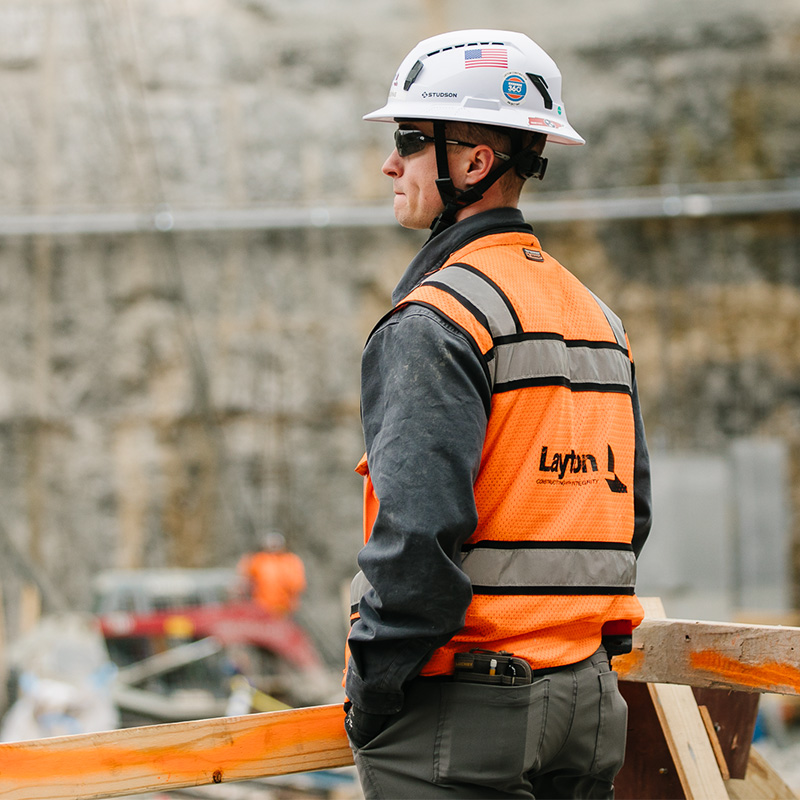High demand is driving the growth of travelers who work on remote jobsites. We’re listening to our people talk about the opportunities and challenges that come with working on the road.

By Greg Dunkle, STOBG Chief Operating Officer
When the public thinks of a construction worker, they likely picture someone who grabs their lunch pail each morning, heads downtown to the jobsite, and makes it home each night for a hot meal with the family.
But the reality of construction is different, with many field people relocating or spending significant time traveling back-and-forth to remote jobsites. I myself spent the first 16 years of my career as a traveler, starting out as a project engineer and finishing as an operations manager, all because I was willing to go places that others wouldn’t.
A 2024 Phronesis Partners study of “Road Warriors” in travel-heavy industries like construction found that demand was driving a surge in traveling. Over half of travelers spent three or more months on the road each year, and more than 90% said their travel was increasing. While these road warriors acknowledged the challenges of traveling, they also reported accelerated career growth, improved relationships with coworkers, and healthier lifestyles.
At STOBG, we talk regularly with our travelers about what it’s like to work on the road. Sean Hammer, a senior PM with Layton Construction, wanted to travel and see the country, something that helped him advance his career.
“That eagerness and willingness to travel, it gives you opportunity, a chance to shine,” Hammer says. “I think with any company, if you put in effort and you’re willing to do what other people don’t want to do, they appreciate that and want you to grow.”
Our field people also report a chance to grow their skillset in new markets. James Marini, operations manager at Ajax Building Company, spent the first decade of his career working close to home in Gainesville, Florida before being asked to work on a project outside of Key West.
“I got a lot of respect and credit from coworkers for going down to an area that’s known to be difficult to work in,” James says. “You’re on an island. How do you get this in? How do you get labor? When you go to a new place, invariably, a lot of things are done differently. You’re going to have an opportunity learn things that a lot of other people don’t get to learn.”
Additionally, our employees also say that they offset the difficulties of moving to a new place by being proactive. Chuck Lester, a senior PM with Ajax and 45-year industry veteran, has done five remote projects since joining the company. He speaks positively about building relationships with his project team while working in Melbourne, Florida.
“I was happy getting to know those folks,” Chuck says. “We used to have get-togethers for dinner, play golf—it was all about staying engaged. I think the key is not letting yourself just sit alone in an apartment. Get out, do things, embrace it. Let it be an adventure. Experience a new place. But you have to push yourself to actually go do it.”

Sean, James, and Chuck all mentioned how their companies take steps to ensure that travelers are supported. Our companies are willing to help you maintain your lifestyle,” Sean says. “Travel jobs help you keep an open mind and take the opportunity to learn and explore.
